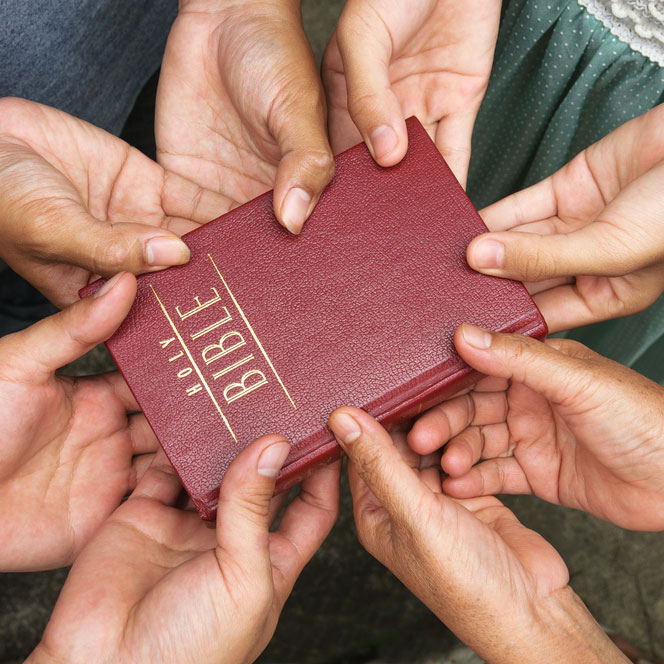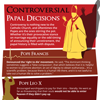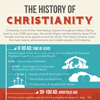Controversy is often synonymous with power, and the papal throne is no exception. This infographic explores some of the most controversial papal decisions throughout time.
The role of the Pope in the Catholic Church has been both beloved and reviled since the dawn of Christianity. Popes through the ages have initiated holy wars, abused power, aided the poor, and promoted world peace. As with other long lines of leaders, the path of the papacy has had fascinating ups and downs. We’ll cover hard-to-believe papal decisions through the centuries!
You may already know that Catholics consider St. Peter to be the first official Pope. It’s believed that before his death, Jesus Christ gave Peter not just authority over the entire church but the keys to Heaven itself. Since then, there have been over 260 officials in this illustrious role. Subsequent Popes are considered successors of St. Peter, though in some cases, claims to the title have been dubious, for example … Pope Gregory VI. Gregory was the only pontiff to actually buy his papacy from his godson, Pope Benedict IX!
Other papacies have been marked by physical violence in addition to corruption. One example is Pope Sixtus IV, who encouraged the Spanish Inquisition—an infamous period involving the torture, imprisonment, and execution of thousands of Muslims and Jews. An earlier Pope, Innocent IV, promoted the use of torture devices for inquisitions, possibly including the Iron Maiden: a metal cabinet lined with deadly spikes that the victim is closed into. And a series of particularly contestable Popes, including Gregory VII and Innocent III, authorized the Crusades. But acts of cruelty don’t just apply to the living. Pope Stephen VI had his predecessor, Pope Formosus, dug up and put on trial.
While the papacy has come a long way since the Middles Ages and the Renaissance – contemporary pontiffs have not completely avoided scandal. Pope John Paul II was criticized for brushing aside many allegations against clergy. And, Pope Francis, the most recent successor to the Chair of St. Peter, enjoys a great deal of popular approval but is not free of human rights controversy. His unusually tolerant stance on gay and lesbian rights shows that even the oldest office in the history of Christianity is not immune to stirring up debate.







